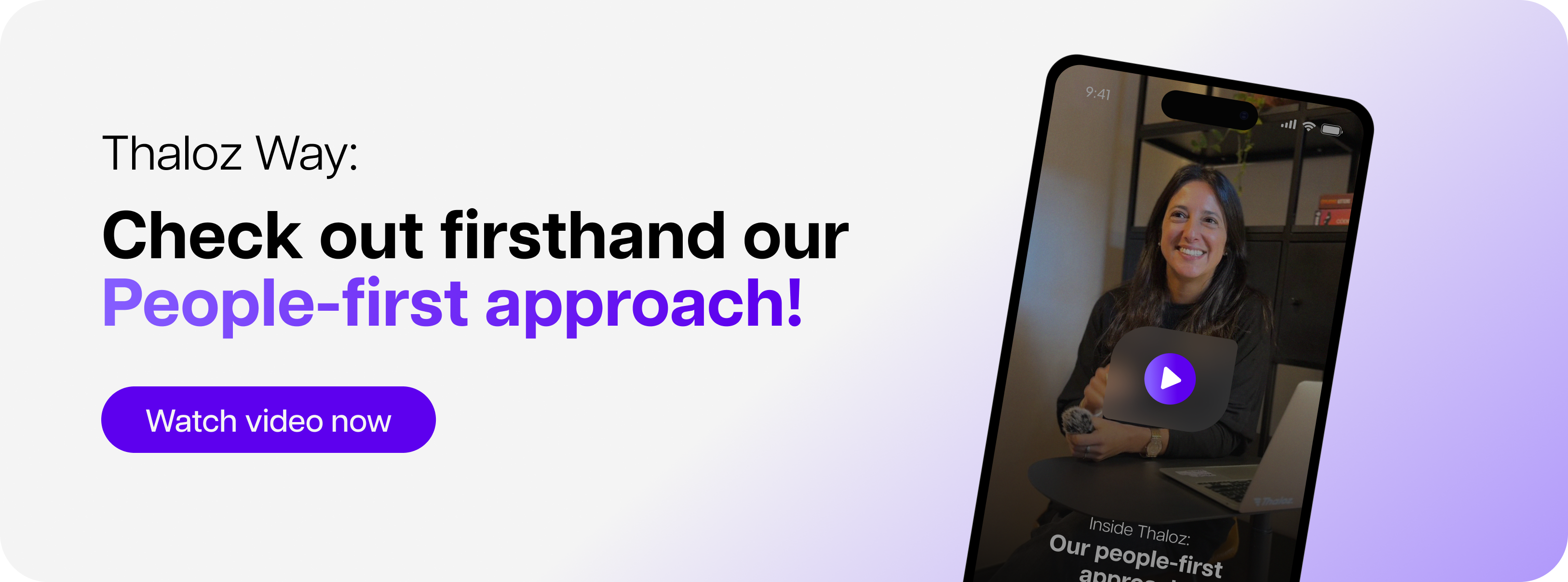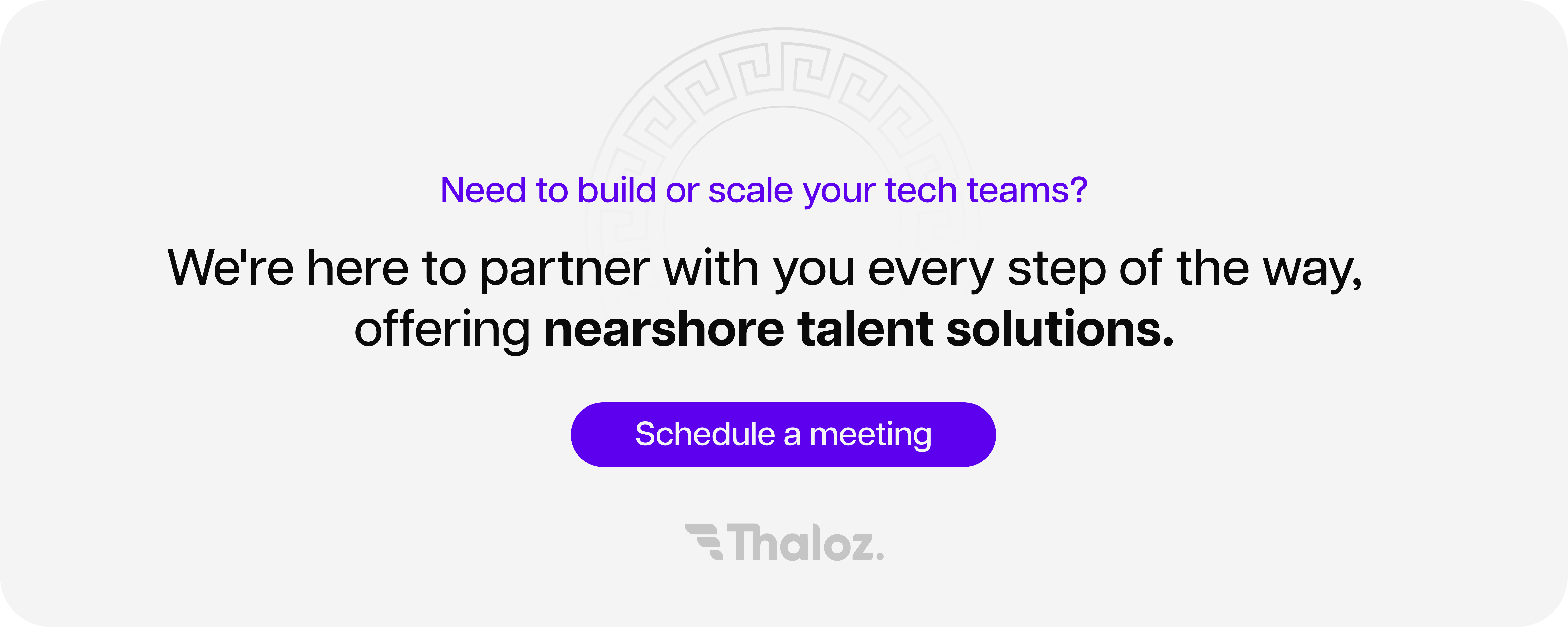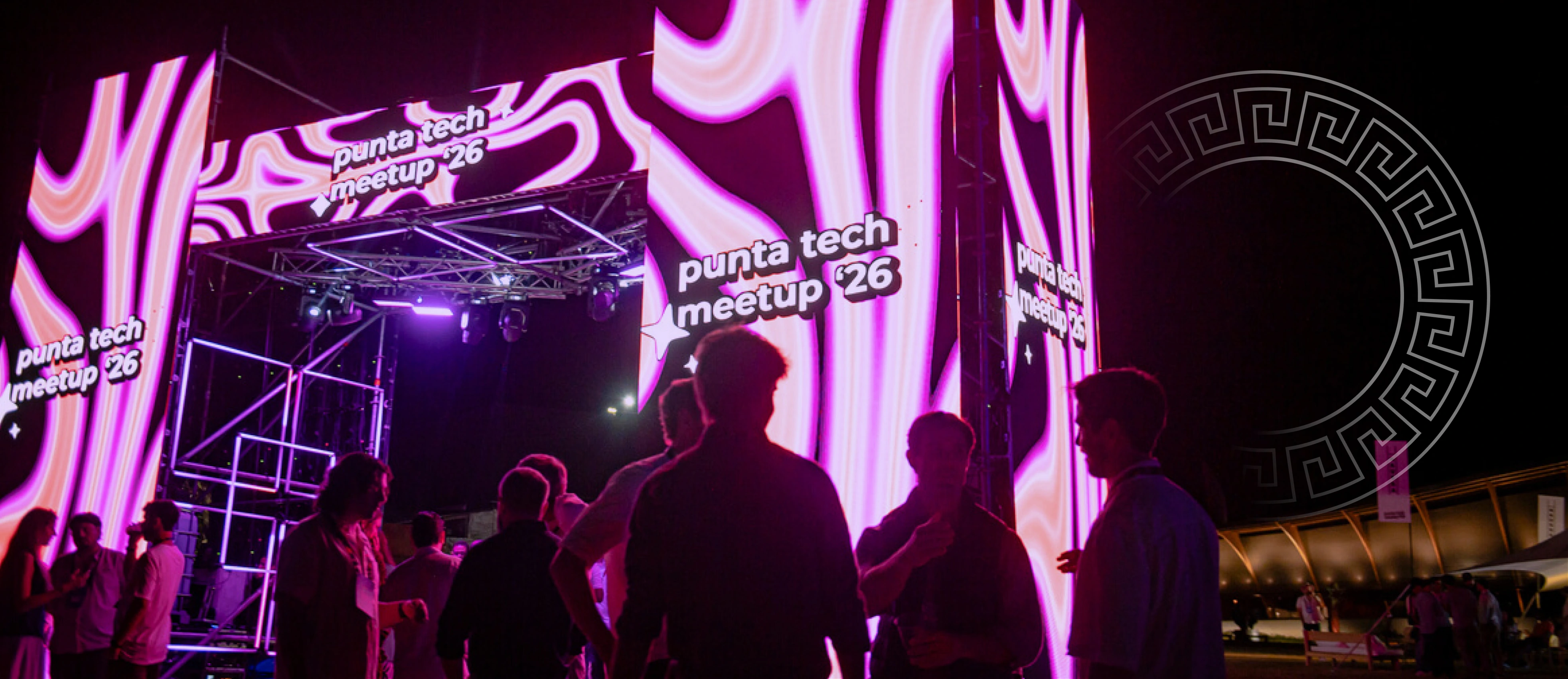In today’s workplace, especially in fast-paced, global tech environments, how we care for people is no longer a secondary consideration, it’s becoming the very foundation of how modern organizations grow.
Companies across industries are shifting focus: from managing people to caring for them holistically. This shift isn’t about perks or trends, it’s about understanding what humans need to thrive at work and building cultures around that insight.
I’ve spent years building community-first environments, and I’ve seen firsthand how a thoughtful approach to people care transforms performance, connection, and long-term success.
But first, let’s define what we’re really talking about.
What are people care strategies?
People care strategies are business practices intentionally designed to support employees’ well-being, growth, and sense of belonging, across every stage of the talent lifecycle.
They’re not limited to HR benefits or one-off events. Instead, they touch everything:
- How people are onboarded
- How feedback is shared
- How leaders communicate
- How teams are supported emotionally and physically
- And how aligned everyone feels with a shared mission
These strategies are proactive, measurable, and rooted in empathy. They help answer the question:
What do our people need to do their best work, and how can we support them consistently?
The positive impact of people care strategies
Companies that invest in People Care strategies are seeing major shifts, not only in performance but also in mindset and long-term growth.
These initiatives foster healthier, more connected work environments that promote trust, creativity, and resilience. As a result, teams become more engaged, turnover drops, and productivity improves.
A recent study by the Harvard Business Review found that employees who feel cared for by their employer are 31% more productive, 3x more creative, and 6x more engaged at work.
Another report by Gallup revealed that companies with high employee engagement show 21% higher profitability and 41% lower absenteeism compared to companies with low engagement.
In short: when people feel supported both personally and professionally, they grow—and so does the business.
Why it matters more than ever: Especially for remote and global teams
Nowadays, with teams distributed across Latin America, Europe, Asia, and beyond, People Care has become more than a nice-to-have. In remote work environments where face-to-face interactions are limited, it’s the sense of belonging, trust, and shared purpose that keeps teams aligned and motivated.
As individuals navigate different time zones, work styles, and cultural contexts, the need to feel valued and connected grows. People don’t just want to be part of a company, they want to be part of something that sees them as human, not just a role.
Without a strong culture of empathy, flexibility, and care, even high-performing talent can quickly become disengaged or experience burnout. This isn’t just a “soft” issue, as studies have shown before.
That’s why today’s most forward-thinking companies aren’t asking “Should we invest in well-being?”, they’re asking how quickly they can make it a core part of their DNA.
How we do it at Thaloz
At Thaloz, we don’t see culture as a list of values on a wall. We see it in how we lead, support, and grow our people, whether they’re part of our internal team or working as contractors on high-impact client projects.
Here’s how we put people care into practice:
1. We prioritize physical and mental energy
Well-being for us it’s a performance driver. We encourage healthy habits, active breaks, and open conversations about stress, rest, and energy management. We don’t romanticize burnout. We build systems that prevent it.
2. We design for holistic development
We support each person’s career path, personal growth, and emotional health through:
- Monthly 1:1 meetings focused on both performance and well-being
- Mentorship opportunities
This is true for core team members and contractors alike, because everyone deserves to feel seen and supported.
3. We build real community: online and offline
Connection isn’t accidental, it’s designed. From meetups and collaborative spaces to our very own Thaloz Hostel, we create places for people to work, live, and connect beyond Slack and Meet.
4. We lead with data and empathy
We actively listen through iNPS and NPS, climate surveys, and ongoing feedback loops, and we do something with that data. Leadership practices evolve as our people evolve.
5. We support the full talent journey
People care doesn’t stop at onboarding, or even offboarding. We nurture long-term relationships through alumni engagement and continued support, no matter where the road takes someone after Thaloz.

Summing up
As Chief Happiness Officer, I’m always discovering new strategies to build teams that truly thrive. At Thaloz, one of our greatest commitments is helping our clients access top talent delivering top performance, all while fostering a workplace where happiness and well-being come first.
I hope this blog post was helpful. If you’re ready to move beyond improvising culture and start designing it intentionally, we’re always happy to share how we do it at Thaloz.

.webp)




.avif)